EWN Bolsters Army Resilience Efforts
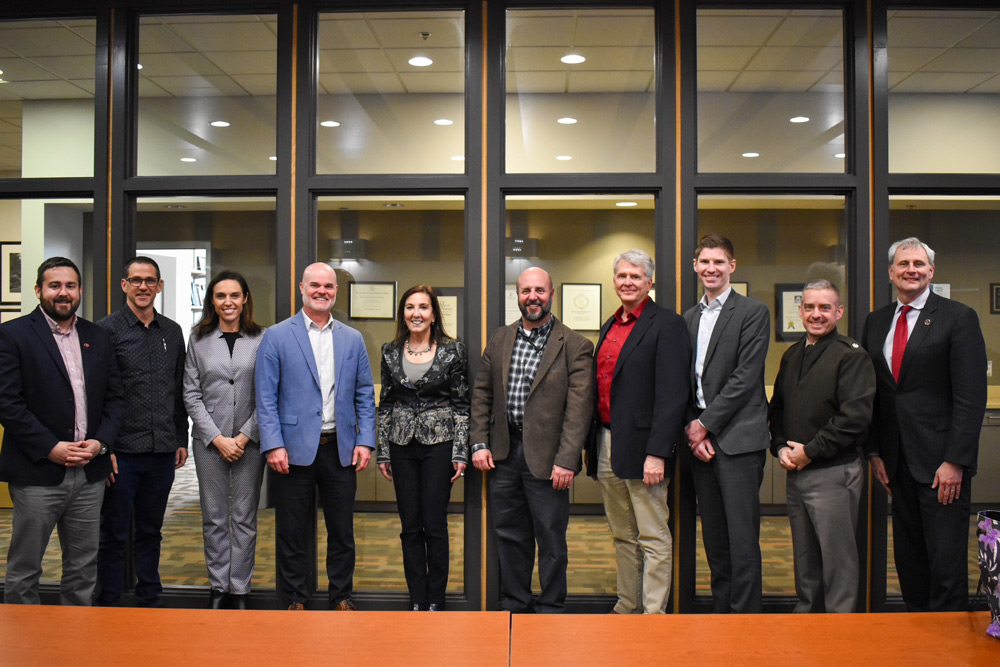
Army missions face a myriad of challenges stemming from natural hazards and aging infrastructure necessitating innovative and integrated solutions. In a recent engagement at the University of Georgia (UGA), the Honorable Ms. Rachel Jacobson (ASA IE&E) recognized a need to increase Engineering With Nature (EWN) support across Army installations. By integrating natural infrastructure projects, installations […]
CorpsCam Station Deployed to Monitor Beneficial Use of Dredged Material (BUDM) Nourishment in New Jersey
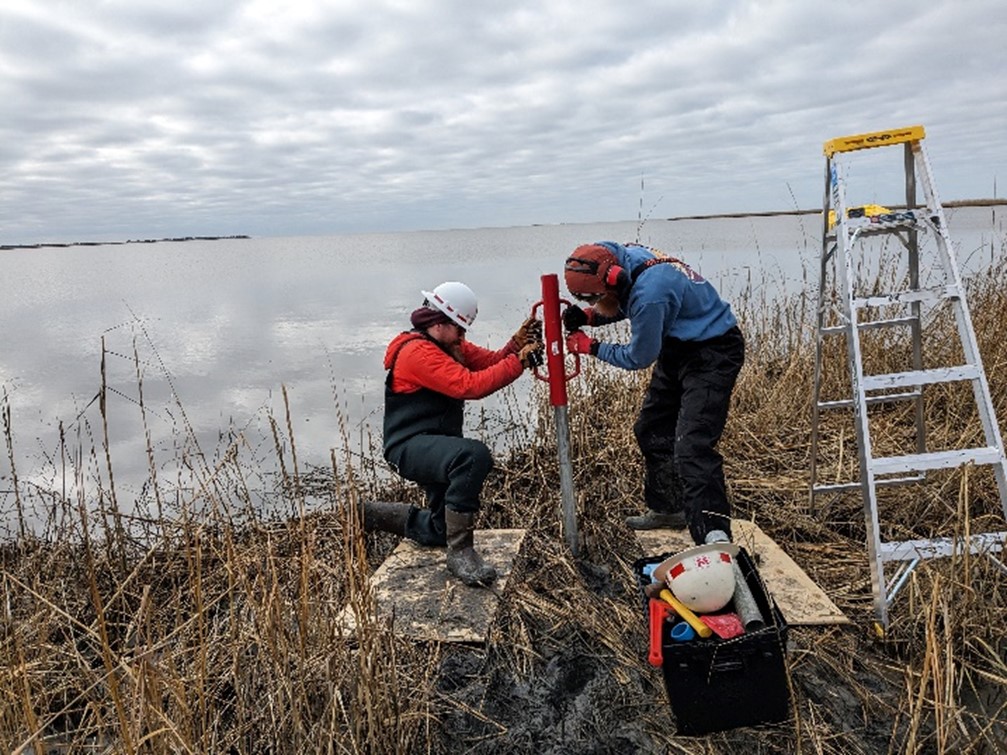
The Heislerville Dike in New Jersey’s Heislerville Wildlife Management Area faced imminent failure due to wave action, prompting the USACE Philadelphia District (NAP) to undertake a Beneficial Use of Dredged Material (BUDM) nourishment project in FY 24. NAP’s goal was to enhance the wetlands adjacent to the dike to provide a buffer from the wave […]
Remote Sensing to Elevate Nature-Based Solutions for USACE
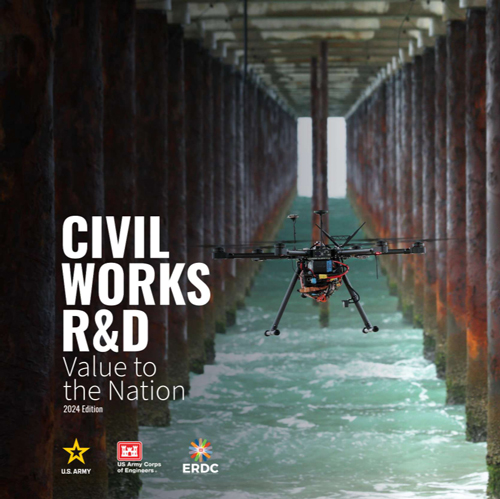
USACE is quantifying the impact of nature based solutions by using remote sensing technology in the Engineering With Nature project approach. From initial planning stages to implementation and operations, intentional technology integration can revolutionize our understanding of the value of NBS. Advances in remote sensing technology enable practitioners to assess NBS project-relevant details across large […]
Investigating The Relationship Between Soil Respiration Rates And Stable Carbon Pools
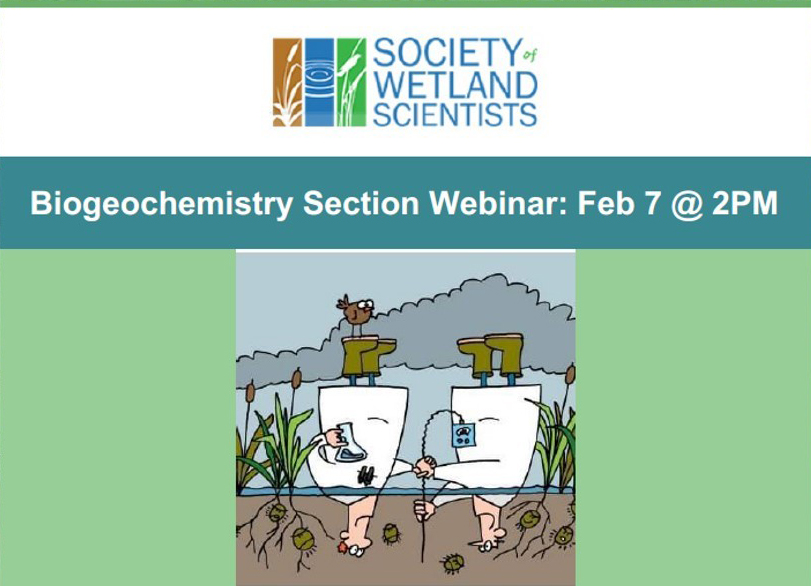
At the 7 February 2024 Society of Wetlands Scientists Biogeochemistry Section Webinar, Anthony Mirabito, a Ph.D. candidate under the University of Central Florida, Aquatic Biogeochemistry Lab presented on his research investigating the relationship between soil respiration rates and stable carbon pools in a laboratory setting. Collaborators
EWN Workshop Explores 3D Printing with Dredged Sediment for Nature-Inspired Infrastructure

The recent Engineering With Nature® (EWN) Workshop on 3D Printing Natural Material for Nature-Inspired Infrastructure marked a significant milestone in the quest for innovative solutions for coastal resilience. Held from February 7-8, 2024, in Vicksburg, MS, the workshop brought together a diverse group of experts from government, academia, and private industry to explore the potential […]
Research Update: Assessing Living Shoreline Stability – A Kickoff Workshop

In a collaborative effort to address the physical and ecological stability of living shoreline projects in coastal Georgia, the Engineer Research and Development Center (ERDC) Environmental Laboratory (EL) Coastal Ecology Team, in partnership with the Georgia Department of Natural Resources (GA DNR), conducted a kickoff workshop for the EWN living shoreline stability and function project […]
ResiRiver Project Paves the Way for Riverine Nature-Based Solutions (NBS) Across Northwestern Europe
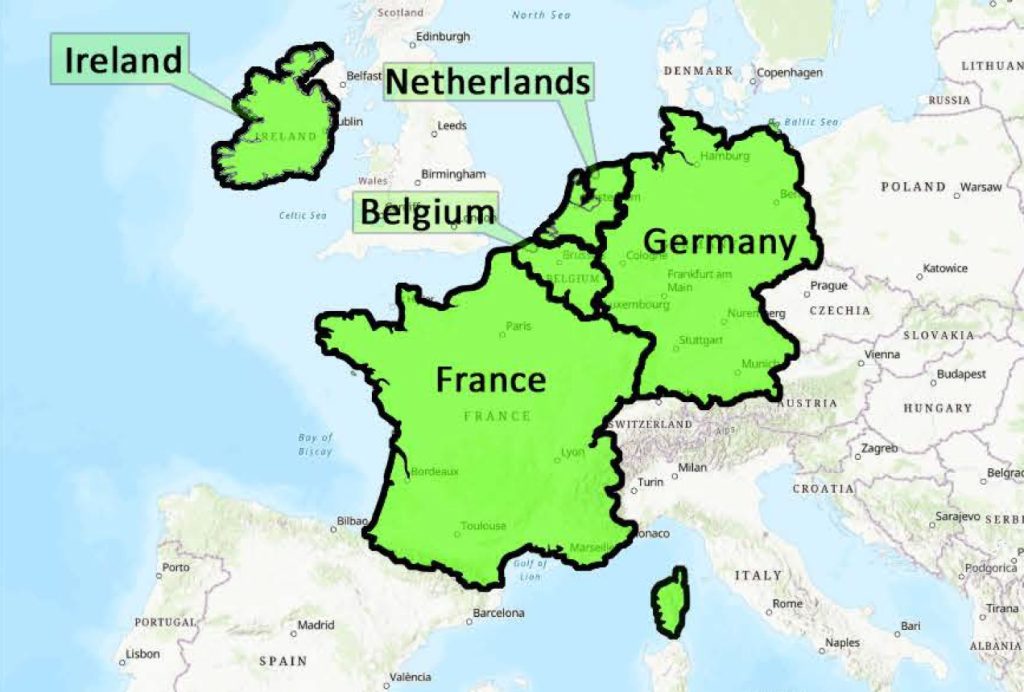
In a collaborative effort spanning countries, representatives from the Netherlands, Germany, Belgium, France, Ireland, Scotland, and the USA convened in Nijmegen, Netherlands on October 26th and 27th to officially launch the ResiRiver project. The primary objective of this international initiative, led by the Dutch Ministry of Infrastructure and Water Management (Rijkswaterstaat), is to upscale and […]
Research Update: Monitoring the Impact of Beneficially Used Dredge Material
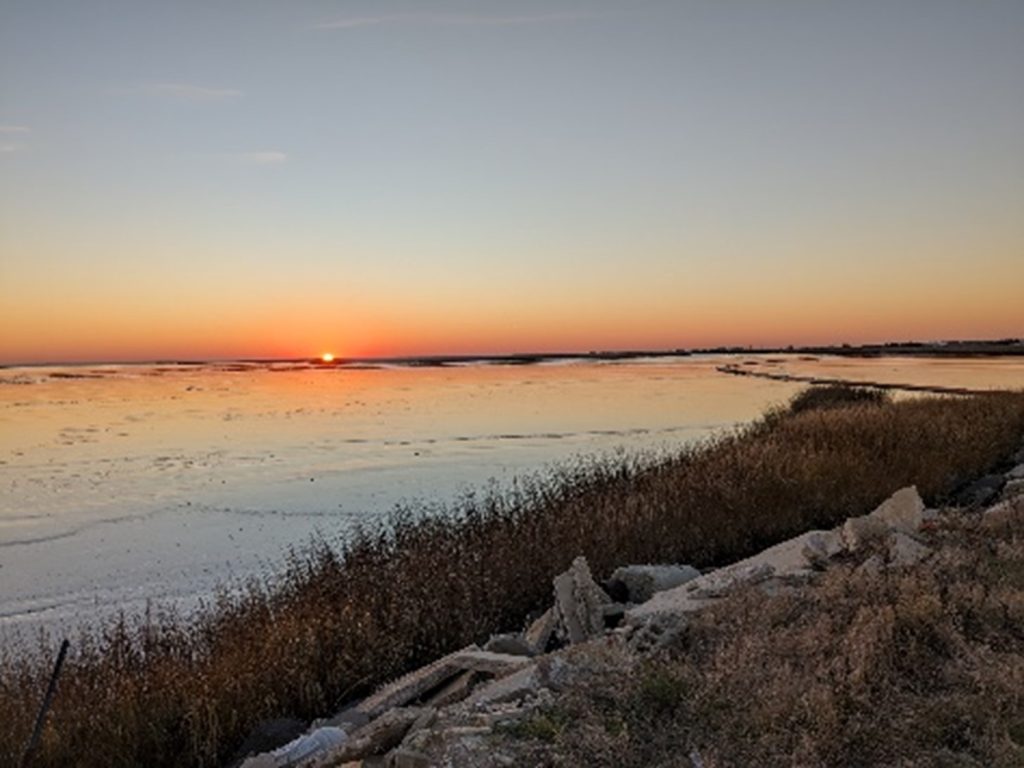
In a collaborative effort, Engineering With Nature researchers joined forces with researchers from Virginia Tech and the University of Florida to investigate the establishment of a newly nourished mudflat at the Heislerville Dike in New Jersey. The Heislerville Dike, situated in the Heislerville Wildlife Management Area, faced an imminent risk of failure due to wave […]
“Radical Collaboration” for Coastal Solutions
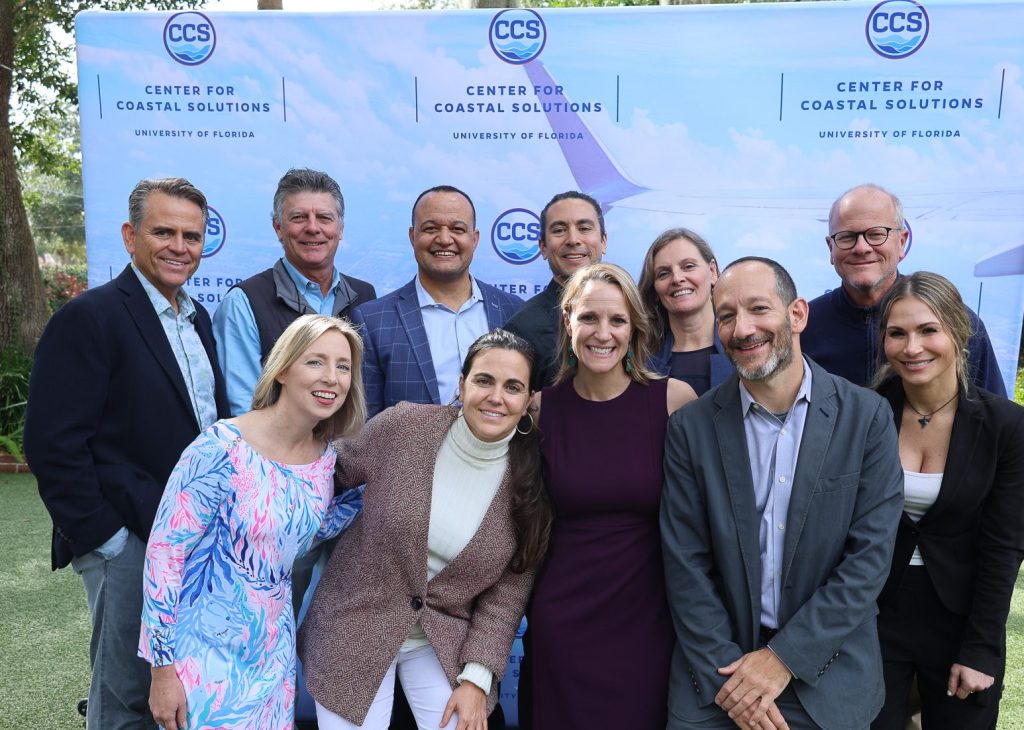
Our partners at the University of Florida recently hosted a year-end summit to reflect on progress and actional next steps towards coastal resilience. Joined by EWN National Lead, Jeff King, the summit emphasized the value of collaborative efforts to tackle emerging risks in coastal communities. Jeff highlighted the exponential growth of the EWN community, an […]
America’s Engineers are Engineering With Nature
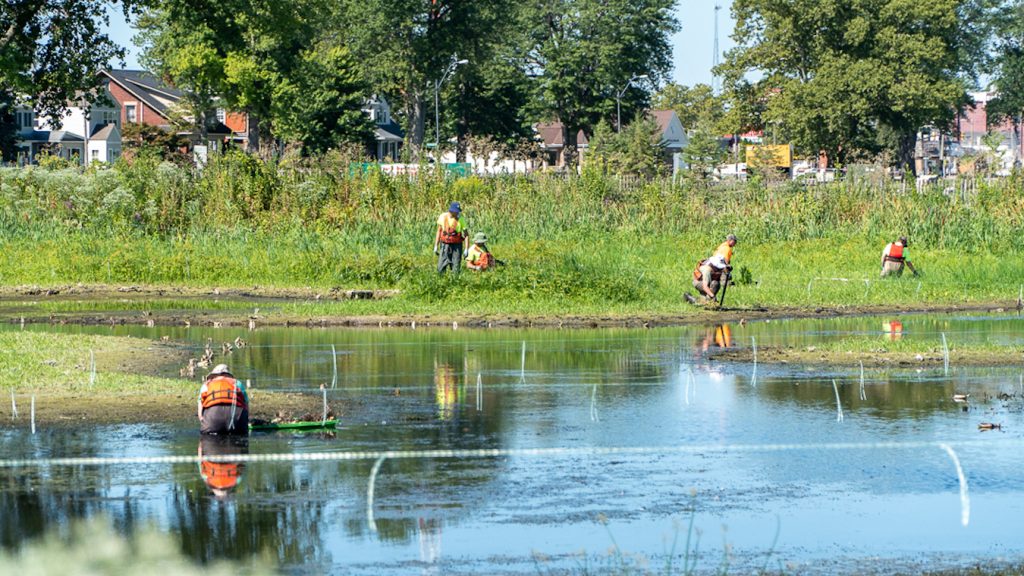
The recent feature in “America’s Engineers: The People, Programs, and Projects of the U.S. Army Corps of Engineers” highlights the powerful impact of Engineering With Nature (EWN). While the concepts of Engineering With Nature have existed for some time, the deliberate integration of natural features into engineering solutions became a focused pursuit for USACE in […]

